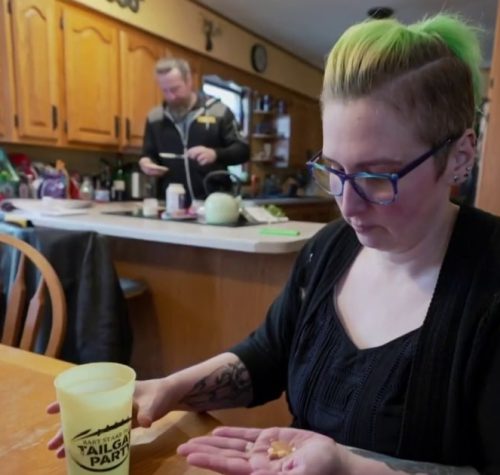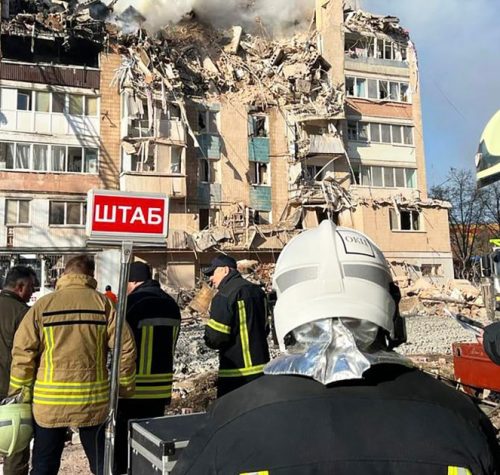
Thieves use new tech tools to steal vehicles
Thieves use new tech tools to steal vehicles
Source link

Thieves use new tech tools to steal vehicles
Source link

President Trump announced on Truth Social that he has signed the bill to compel the Justice Department to release files related to Jeffrey Epstein. NBC News’ Garrett Haake reports on how the.

Over 1,000 people in Charlotte signed up for training on how to protect the city’s Latino community from immigration agents as arrests continue. NBC News’ Julia Ainsley reports.
Source link

According to a senior administration official, President Donald Trump approved a 28-point peace plan between Russia and Ukraine. The move comes as U.S. Army leaders are making a surprise trip to Ukraine.

WASHINGTON — The senior military lawyer for the combatant command overseeing lethal strikes on alleged drug-smuggling boats near Venezuela disagreed with the Trump administration’s position that the operations are lawful.

President Trump signs a bill compelling the Justice Department to release its records on Jeffrey Epstein after months of pushback.
Source link

Before insurance plans will approve doctor-recommended medication, they often require patients to try cheaper alternatives in what is known as step therapy. NBC News’s Maggie Vespa reports on a patient with MS.

Wayward cow stops traffic in Ohio
Source link

The legislation signed by President Trump requires Attorney General Pam Bondi to release all unclassified records related to Jeffrey Epstein within 30 days.
Source link

At least 10 people were killed in a Russian missile and drone attack that struck a residential tower block in the city of Ternopil, Ukrainian officials said.
Source link